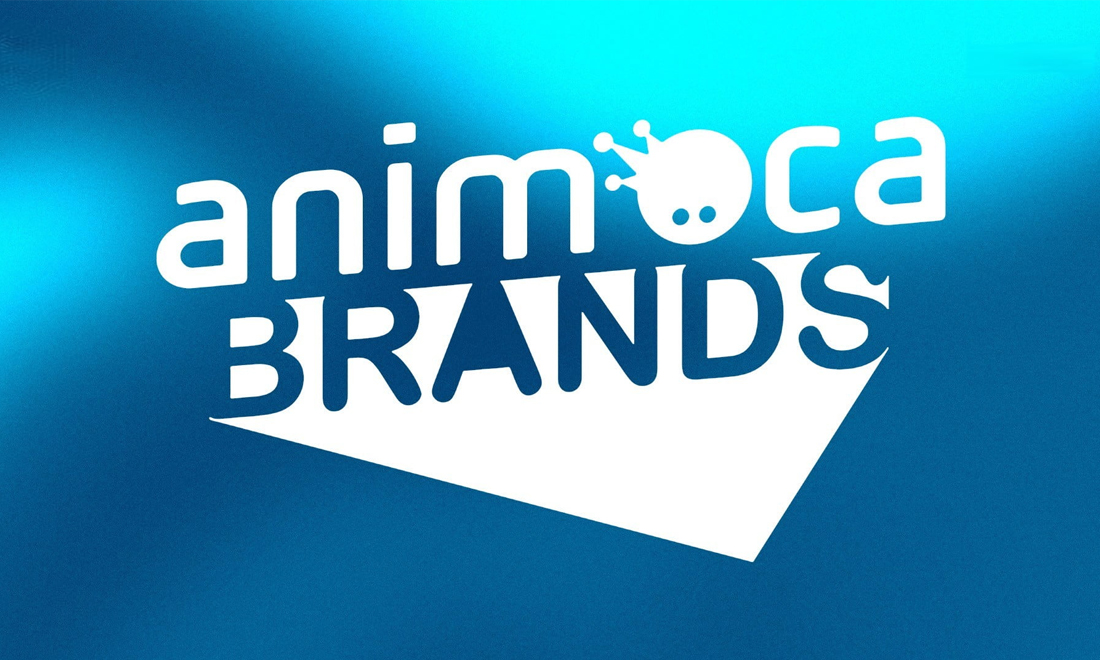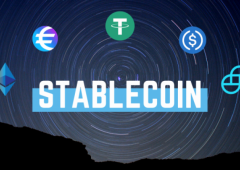Animoca Brands Targets U.S. IPO as Regulatory Climate Warms Under Trump
13.05.2025 22:00 2 min. read Alexander Stefanov
Web3 giant Animoca Brands is preparing to take its business public in New York, capitalizing on what it sees as a more crypto-friendly environment under President Donald Trump.
The company, based in Hong Kong and known for its vast investment portfolio in blockchain firms, is currently weighing share structure options as it eyes the U.S. capital markets.
Executive chairman Yat Siu told the Financial Times that the timing isn’t tied to short-term volatility but to broader strategic alignment. Animoca was previously delisted from Australia’s stock exchange in 2020 due to compliance concerns but has since rebuilt its reputation, backing platforms like Kraken, Consensys, and OpenSea.
With reported 2024 revenue of $314 million and $97 million in earnings, the firm says it holds over $800 million in crypto and fiat reserves. Siu hinted that some of its U.S. portfolio companies—such as Kraken—may also consider listing stateside by 2026.
The broader shift comes as Trump’s administration scales back federal enforcement actions against the crypto sector. Siu described the regulatory pivot as a rare opening that crypto firms would be wise to seize. Since Trump’s win, the SEC has quietly paused or abandoned more than a dozen enforcement cases, and the DOJ recently shuttered its crypto crimes division.
The change in tone is already drawing firms back. Exchange OKX has announced a new U.S. headquarters, while lender Nexo is reentering the market after a 2022 exit prompted by regulatory friction.
For Animoca and its peers, the message is clear: the window for a crypto resurgence in the U.S. may have just opened.
-
1
Ripple Faces Legal Setback as Court Rejects Bid to Ease Penalties
26.06.2025 16:54 1 min. read -
2
Coinbase Surges 43% in June, Tops S&P 500 After Regulatory Wins and Partnerships
29.06.2025 21:00 2 min. read -
3
Ripple Has Applied for a National Banking License
03.07.2025 7:00 2 min. read -
4
What Will Happen With the Stock Market if Trump Reshapes the Fed?
29.06.2025 13:00 2 min. read -
5
Barclays Blocks Crypto Credit Card Payments in Latest Blow to Retail Investors
26.06.2025 8:00 2 min. read
Charles Schwab to Launch Bitcoin and Ethereum Trading Soon, CEO Confirms
Charles Schwab is preparing to roll out spot Bitcoin and Ethereum trading, according to CEO Rick Wurster during the firm’s latest earnings call.
BlackRock Moves to Add Staking to iShares Ethereum ETF Following SEC Greenlight
BlackRock is seeking to enhance its iShares Ethereum Trust (ticker: ETHA) by incorporating staking features, according to a new filing with the U.S. Securities and Exchange Commission (SEC) submitted Thursday.
IMF Disputes El Salvador’s Bitcoin Purchases, Cites Asset Consolidation
A new report from the International Monetary Fund (IMF) suggests that El Salvador’s recent Bitcoin accumulation may not stem from ongoing purchases, but rather from a reshuffling of assets across government-controlled wallets.
Sberbank Moves to Dominate Russia’s Crypto Custody Sector
Sberbank, Russia’s largest state-owned bank, is preparing to launch custody services for digital assets, marking a significant expansion into the country’s evolving crypto landscape.
-
1
Ripple Faces Legal Setback as Court Rejects Bid to Ease Penalties
26.06.2025 16:54 1 min. read -
2
Coinbase Surges 43% in June, Tops S&P 500 After Regulatory Wins and Partnerships
29.06.2025 21:00 2 min. read -
3
Ripple Has Applied for a National Banking License
03.07.2025 7:00 2 min. read -
4
What Will Happen With the Stock Market if Trump Reshapes the Fed?
29.06.2025 13:00 2 min. read -
5
Barclays Blocks Crypto Credit Card Payments in Latest Blow to Retail Investors
26.06.2025 8:00 2 min. read


